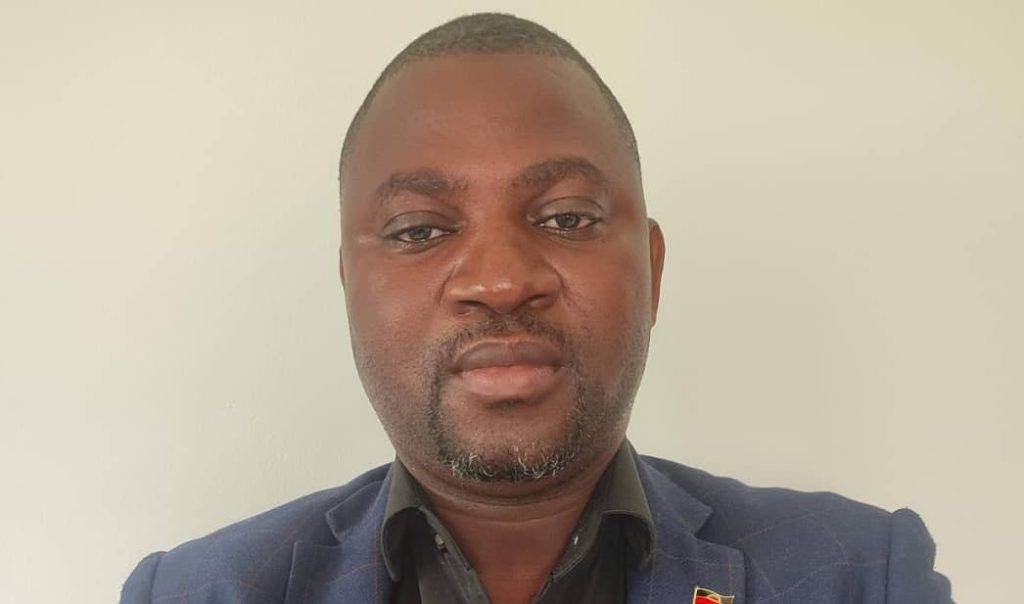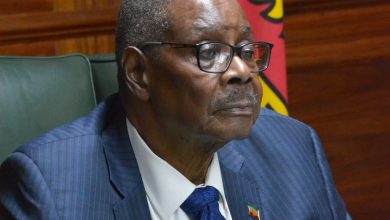Experts demandaudit of K3bn fund
Governance experts fear the government’s failure to expedite formulation of guidelines for the Confiscation Fund, which now holds over K3 billion, could be a calculated move to shield abuse of the funds.
The experts, Mavuto Bamusi, Willy Kambwandira and James Kaphale warned in separate interviews that the delay in operationalizing regulations for the Confiscation Fund raises questions about the country’s commitment to asset recovery and anti-corruption efforts.

They also fear the inaction is not merely bureaucratic but may be a deliberate attempt to shield certain interests from scrutiny and want the facility urgently audited.
On June 18, the Financial Intelligence Authority (FIA) public relations Patience Lunda said in an interview that the money in the Confiscation Fund—over K3billion—remained unused because the Financial Crimes (Amendment) Bill No. 7 of 2025 was awaiting Presidential assent.
However, former president Lazarus Chakwera assented to the Bill on July 2, raising expectation that government would then expedite formulation of regulations to operationalise the Fund.
But on September 30, three months after the former president had assented to the Bill, the Ministry of Finance and Economic Affairs had not yet formulated the guidelines.
“The money remains unused as FIA is still waiting for regulations to be issued once the State President assents to the Financial Crimes (Amendment) Bill No. 7 of 2025,” Lunda explained in an interview on September 30.
“From the time we talked [18 June, 2025], nothing has changed yet. The status quo remains,” she said in a WhatsApp response on September 25, 2025.
The Ministry of Finance, which is responsible for formulating the regulations, refused to comment on the matter, redirecting inquiries back to FIA.
Spokesperson for the Ministry Williams Banda stated: “FIA is better positioned to comment.”
Commenting on the development, executive director of the Centre for Social Accountability and Transparency (Csat), Willy Kambwandira, wondered that while the country is grappling with financial crises, the Confiscation Fund holds over K3 billion which cannot be used because of the absence of implementing guidelines and procedures.
“Without clear guidelines in terms of who authorises spending, what accounts for legitimate use and reporting requirements, the funds are at risk of capture or politicisation,” he cautioned.
He further criticised the failure to utilise the Confiscation Fund, claiming it undermines Malawi’s anti-corruption credibility.
“Recovered assets are a tangible proof of anti-corruption success, leaving them idle undermines the credibility of the recovery efforts,” he stated.
“We have serious doubts about the safety of the funds. We fear some people may be taking advantage of the implementation gap to abuse the funds. The Treasury must be directly held accountable. This is beyond FIA,” he asserted.
He emphasised: “The Confiscation Fund must be audited without further delays.”
Another governance expert, Mavuto Bamusi, concurred with Kambwandira highlighting the importance of oversight, citing recent high levels of fiscal indiscipline and the potential for funds to be exploited if safeguards are not enforced.
He remarked that Malawi’s anti-corruption efforts are being hampered by political interference and bureaucratic delays.
Dean of Law at the Catholic University of Malawi (Cunima), James Kaphale, expressed cautious optimism.
“Now that the law was passed in order to operationalise the use of the money, [there is need] to have the governing regulations in place to guide the implementation of the law in order to make use of the Confiscation Fund,” he said.





